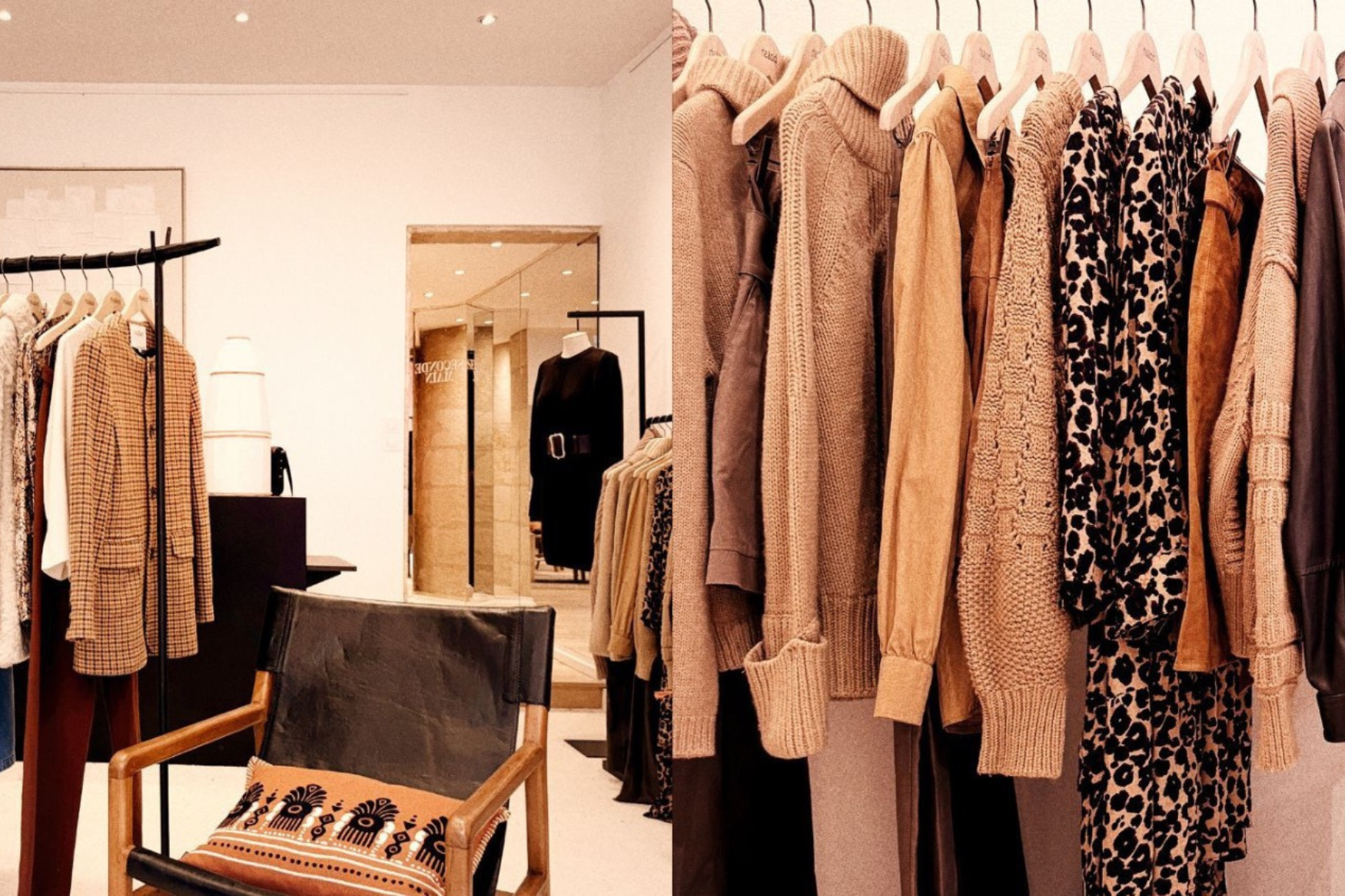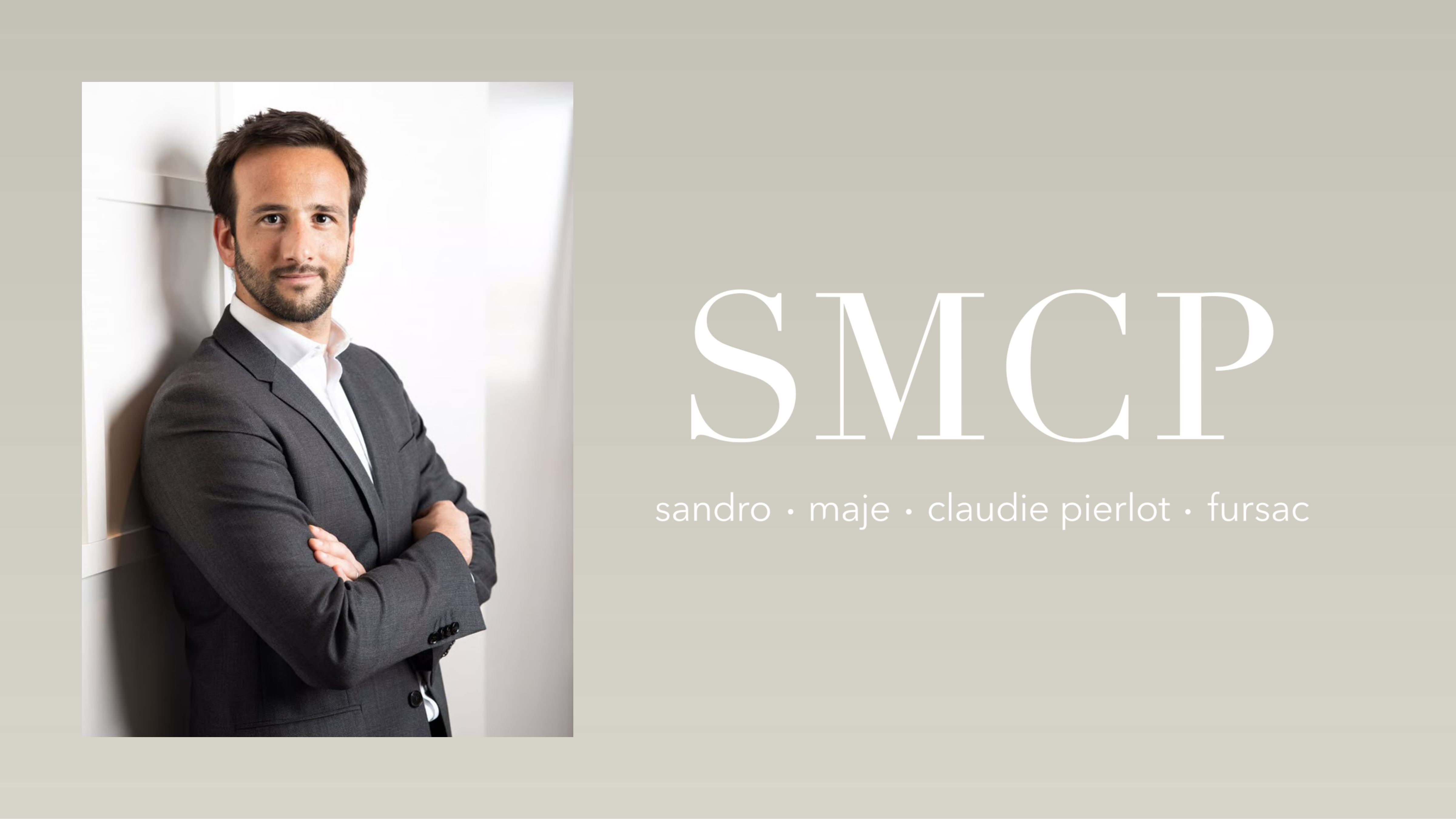2025: What New Regulations for European Fashion Mean and Why They Are a Game-Changer

The fashion industry is gearing up for a major transformation in 2025 with the implementation of new European regulations. These directives aim to address the environmental and social challenges of the textile industry, putting sustainability and circular economy at the heart of its evolution. At Faume, we see these changes as a unique opportunity for fashion brands to embrace responsible models and meet consumers’ expectations head-on.
Extended Producer Responsibility (EPR): A Revolution Underway
From January 1, 2025, the European Union will require member states to organize the separate collection of end-of-life textiles. The goal? Reduce textile waste, limit the destruction of reusable items, and encourage large-scale recycling.
But that’s not all: brands will now be responsible for their products throughout their entire lifecycle. This includes collection, sorting, recycling, and even reuse. For fashion brands, this represents a strategic turning point that demands investments in reverse logistics, partnerships with specialized providers, and the implementation of second-hand initiatives.
An Opportunity to Accelerate the Circular Economy
These new obligations should not be seen as constraints but rather as opportunities to reinvent how brands interact with their products and consumers. By integrating solutions like second-hand marketplaces, brands can achieve:
• Increased customer loyalty: Consumers value brands that make concrete commitments to sustainability.
• Revenue diversification: By extending product lifecycles, brands can capitalize on multiple resale cycles.
• Alignment with younger generations’ expectations: Millennials and Gen Z are increasingly focused on environmental issues and favor sustainable consumption habits.
How Faume Supports Brands Through This Transition
At FAUME, we understand that complying with these new directives can be challenging. That’s why we’ve developed turnkey solutions to help fashion brands meet these requirements efficiently:
• Customized second-hand marketplaces: We create dedicated spaces for resale and product take-back, ensuring full traceability and transparency.
• Management of return flows: Our expertise optimizes the collection and processing of textiles while maximizing their reuse.
• Strategic guidance: From defining objectives to implementation, we help our clients turn obligations into growth opportunities.
Why Act Now?
Brands that anticipate these changes will be better positioned to meet consumer expectations and stand out in an increasingly competitive market. Conversely, failing to act could lead to higher costs and a loss of trust from customers who are paying closer attention to brands’ sustainability commitments.
In 2025, European fashion is entering a new era. Now is the perfect time to rethink traditional models and fully embrace the circular economy.
Stay ahead of the game!
Sign up to FAUME's The Secondhand Review newsletter
Read inspiring stories from brands that have successfully launched their secondhand businesses with FAUME







